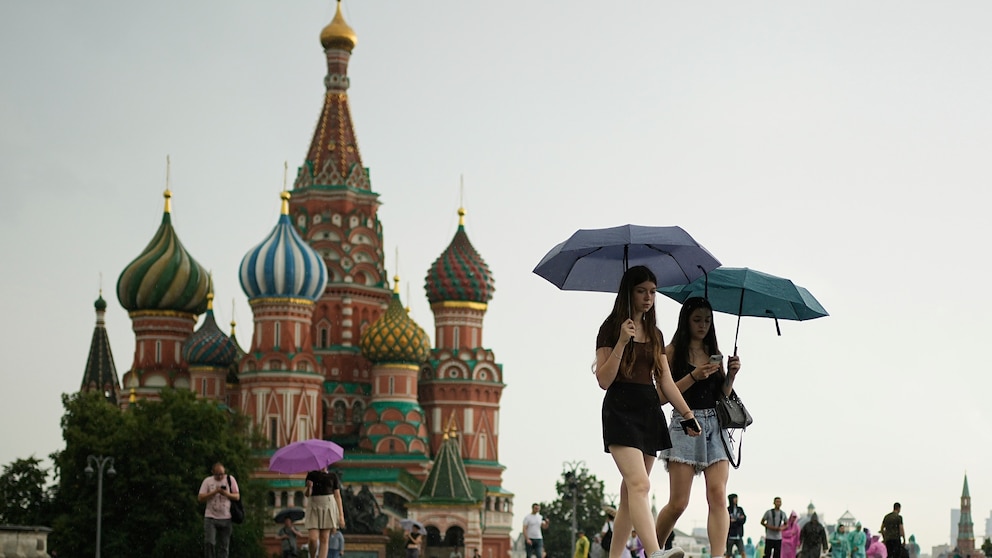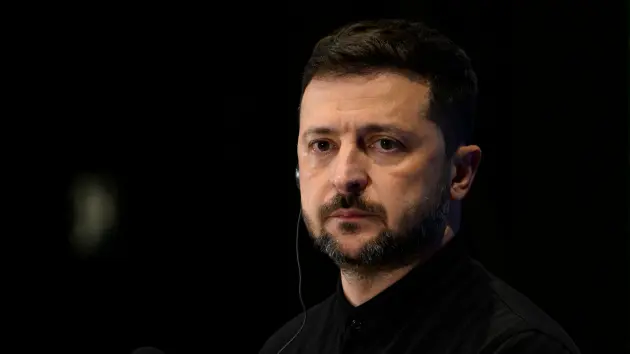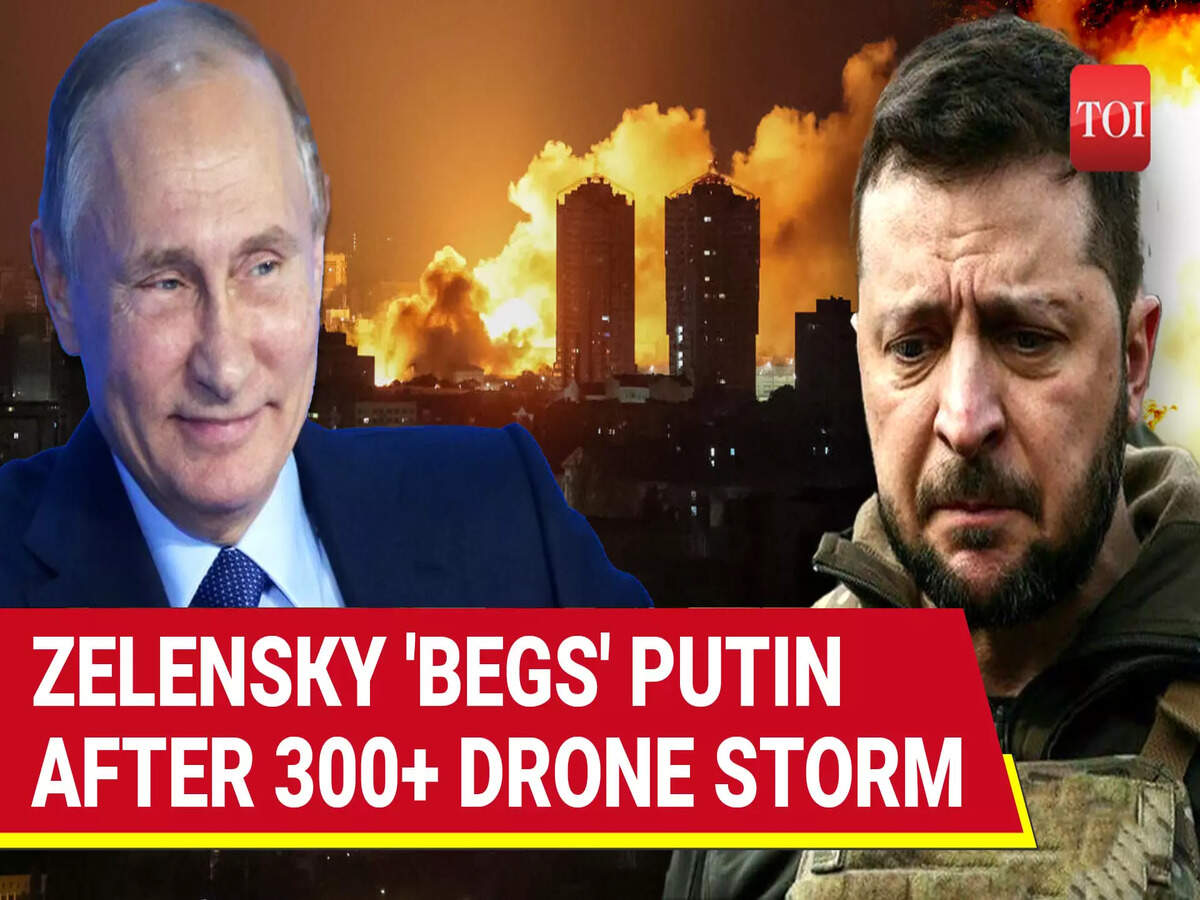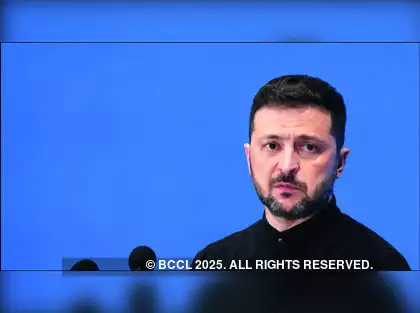Ukrainian Drones Target Moscow, Disrupting Air Traffic

Ukrainian drones have launched a series of attacks on Moscow and surrounding regions in recent days, causing significant disruption to air traffic and prompting a response from both Russian and Ukrainian officials. These attacks coincide with Ukrainian President Volodymyr Zelenskyy's call for renewed ceasefire talks with Russia.
Intensified Drone Attacks on Moscow and Surrounding Areas

On July 20th and 21st, 2025, Ukrainian drones targeted Moscow and its surrounding areas in a series of intensified attacks. Russia's Defense Ministry and Moscow Mayor Sergei Sobyanin reported intercepting a large number of these drones, totaling over 140, with 27 specifically over the Moscow region.
The attacks led to the diversion of 134 commercial flights at Moscow's four major airports: Sheremetyevo, Vnukovo, Domodedovo, and Zhukovskiy. Debris from intercepted drones reportedly struck a residential building in Zelenograd and ignited vehicles. However, Moscow officials stated that no serious injuries or casualties were reported.
Ukrainian officials have acknowledged launching the attacks on Moscow, framing them as a response to Russia's intensified long-range attacks on Ukrainian cities. This marks a significant escalation in Ukraine's aerial campaign targeting the Russian capital.
Zelenskyy Calls for Fresh Ceasefire Negotiations

On July 19th, 2025, President Volodymyr Zelenskyy announced that Kyiv had proposed a new round of peace talks with Russia to take place in the coming week.
Zelenskyy emphasized the need to "improve the dynamics of negotiations" and "do everything possible to achieve a ceasefire." He added that "the Russian side must stop avoiding decisions regarding prisoner exchanges, the return of children, and the cessation of killings."
Zelenskyy reiterated Ukraine's readiness for a meeting at the leadership level, aiming to "genuinely secure peace." This proposal follows two previous rounds of talks in Istanbul, which yielded limited progress beyond prisoner exchanges.
Russia's Response: Open to Talks, But Demands Remain

Kremlin spokesman Dmitry Peskov responded to Zelenskyy's proposal on July 20th, stating that Russia remains open to peace talks. However, he insisted on achieving Russia's "main goals," which include Ukraine withdrawing from the four regions Russia illegally annexed in September 2022, renouncing its bid to join NATO, and accepting strict limits on its armed forces. These demands have been consistently rejected by Kyiv and its Western allies.
Western leaders and Ukraine have repeatedly accused Russia of stalling ceasefire negotiations.
US Pressure and Renewed Military Aid

On July 14th, US President Donald Trump issued an ultimatum to Russia, granting Moscow 50 days to agree to a ceasefire or face harsher sanctions. These include "severe tariffs" and "secondary tariffs" on countries that purchase Russian oil.
President Trump also announced a renewed pipeline for American weapons to reach Ukraine, including Patriot air defense systems.
Key Dates and Events

Several key events have punctuated the ongoing conflict:
- July 8: Russia launched a record-breaking 700+ drones at Ukraine.
- July 14: US President Donald Trump issues a 50-day ultimatum to Russia for a ceasefire and pledges renewed military aid to Ukraine.
- July 19: Ukrainian President Zelenskyy announces Ukraine's proposal for a new round of peace talks with Russia.
- July 20-21: Ukrainian drones conduct significant attacks on Moscow, disrupting air traffic.
Conflicting Claims and Figures

Russian Claims (July 20): Russia's Defense Ministry reported shooting down 93 Ukrainian drones overnight, with Moscow Mayor Sergei Sobyanin stating 19 were over the Moscow region.
Ukrainian Claims (July 20): Ukraine's air force reported shooting down 18 of 57 Russian drones launched overnight into Sunday, with 7 more disappearing from radar. They also stated Russia fired over 300 drones and 30 cruise missiles into Ukraine overnight into Saturday, killing one and injuring six in Odesa.
Rosaviatsia (July 20): Russia's aviation watchdog confirmed 134 flights were redirected at Moscow airports due to drone activity.
Zelenskyy (July 19): "Everything must be done to achieve a ceasefire. The Russian side must stop hiding from decisions regarding prisoner exchanges, the return of children, and the cessation of killings."
Peskov (July 20): "The main thing for us is to achieve our goals. Our goals are clear."
Controversy and Potential Consequences

The timing of Zelenskyy's ceasefire offer, amidst intensified Ukrainian drone attacks on Moscow, creates a mixed signal, potentially aimed at strengthening Ukraine's negotiating position. Russia's stated conditions for peace, which include Ukrainian territorial concessions, remain a major point of contention.
The continued drone attacks by both sides raise the risk of further escalation and civilian casualties. The wide gap between Ukrainian and Russian demands could continue to stall any meaningful peace talks. The effectiveness of Trump's 50-day ultimatum and threatened sanctions remains to be seen, but it adds another layer of pressure to the conflict.
The drone attacks on Moscow's airports highlight the potential for economic disruption and inconvenience for Russian citizens.